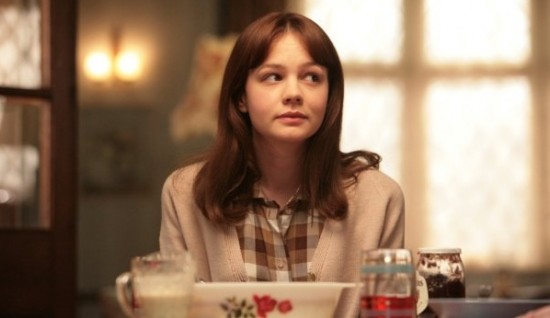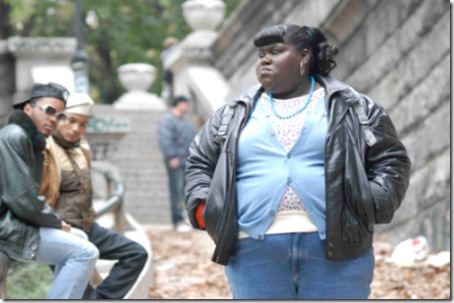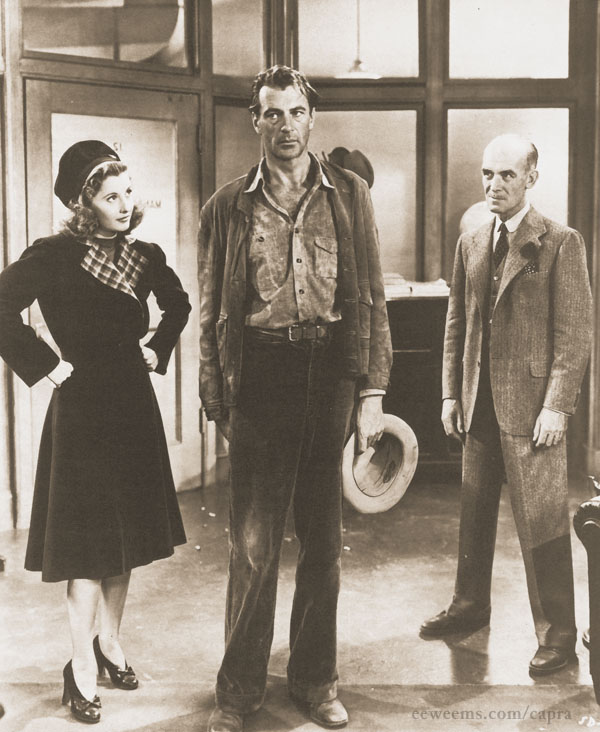 Since I said that Mrs. Bullock doesn't deserve to win the Oscar, I should probably share that if I had my way, Carey Mulligan would be winning big on Oscar night (granted, I haven't seen Julie and Julia or The Last Station, which are expected to receive Best Actress noms).
Since I said that Mrs. Bullock doesn't deserve to win the Oscar, I should probably share that if I had my way, Carey Mulligan would be winning big on Oscar night (granted, I haven't seen Julie and Julia or The Last Station, which are expected to receive Best Actress noms).Carey Mulligan plays Jenny, a young girl in Pre-Beatles Suburban London. She comes from a hard-working family who longs to see her enroll at Oxford university. Her slightly-naive but well-meaning father Jack (Alfred Molina) has her entire high school life planned out to make her the perfect potential pupil for the school. These plans are thrown for a loop when Jenny attracts the attention of the much older David (Peter Sarsgaard) who has the funds to take Jenny to art auctions and real concerts. Her parents don't seem to mind, they seem to think it's wonderful that a wealthy mn is taking it upon himself to offer culture to their young daughter, naively believing that David's older relative is acting as a chaperon for their young daughter. Jenny must then choose what she values more, her education or a chance at pursuing a life of fun.
Carey Mulligan acts as the second coming of Audrey Hepburn with her star turn in this film. She has to balance the tightrope of being smart enough to excel in school, but innocent enough to fall prey to David's initial advances and she pulls the act of splendidly, especially in the second half o
 f the film, where things take a heavier turn and we get the feeling that Jenny is playing David as much as he is playing her.
f the film, where things take a heavier turn and we get the feeling that Jenny is playing David as much as he is playing her.The supporting case is great as well. Alfred Molina is wonderful as the loving, yet naive father who only wants the best for his daughter, and Peter Sarsgaard is able to make David charming, but almost creepily so, to where we can't tell what his true intentions are with Jenny.
Also, for any fan of the TV show Mad Men, this film is for you, besides the plot and acting, the film is a sumptuous feast for the eyes, filled with period costumes and beautiful locales.
In addition, the writing is sharp, and occasionally funny and offers a brief glimpse into the real life "education" that can occur in a young woman's life when she is confronted with the temptations of sex and a lif eof carefree luxury.
I heartily recommend this film, and I hope that you'll join me in a collective finger-cross for Carey Mulligan on Oscar night.











